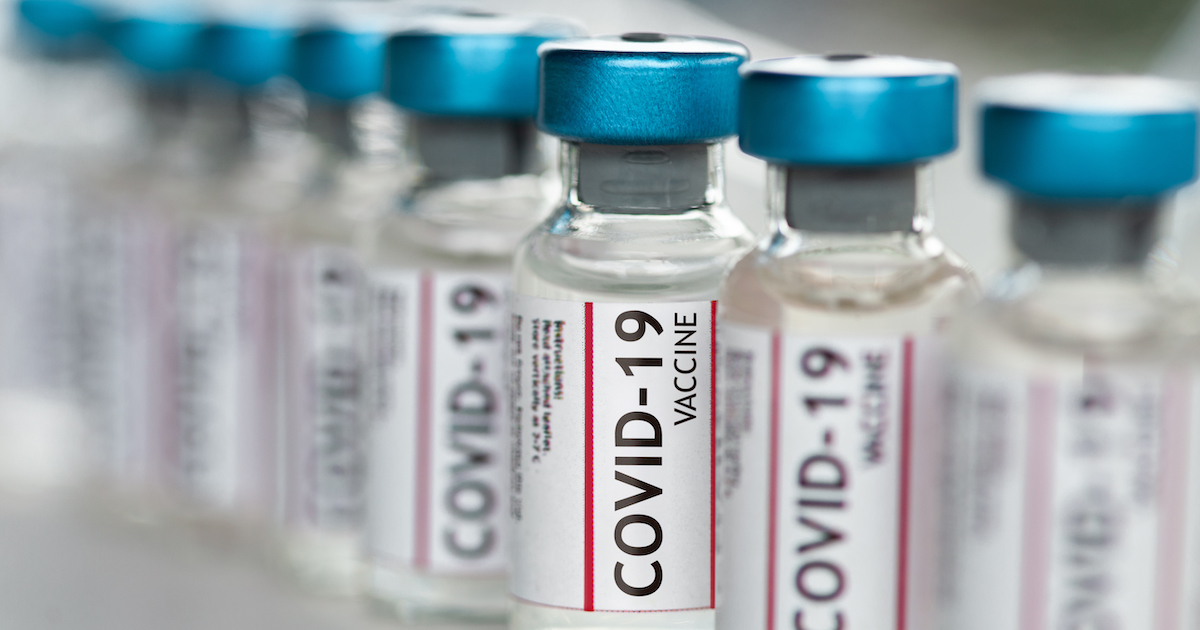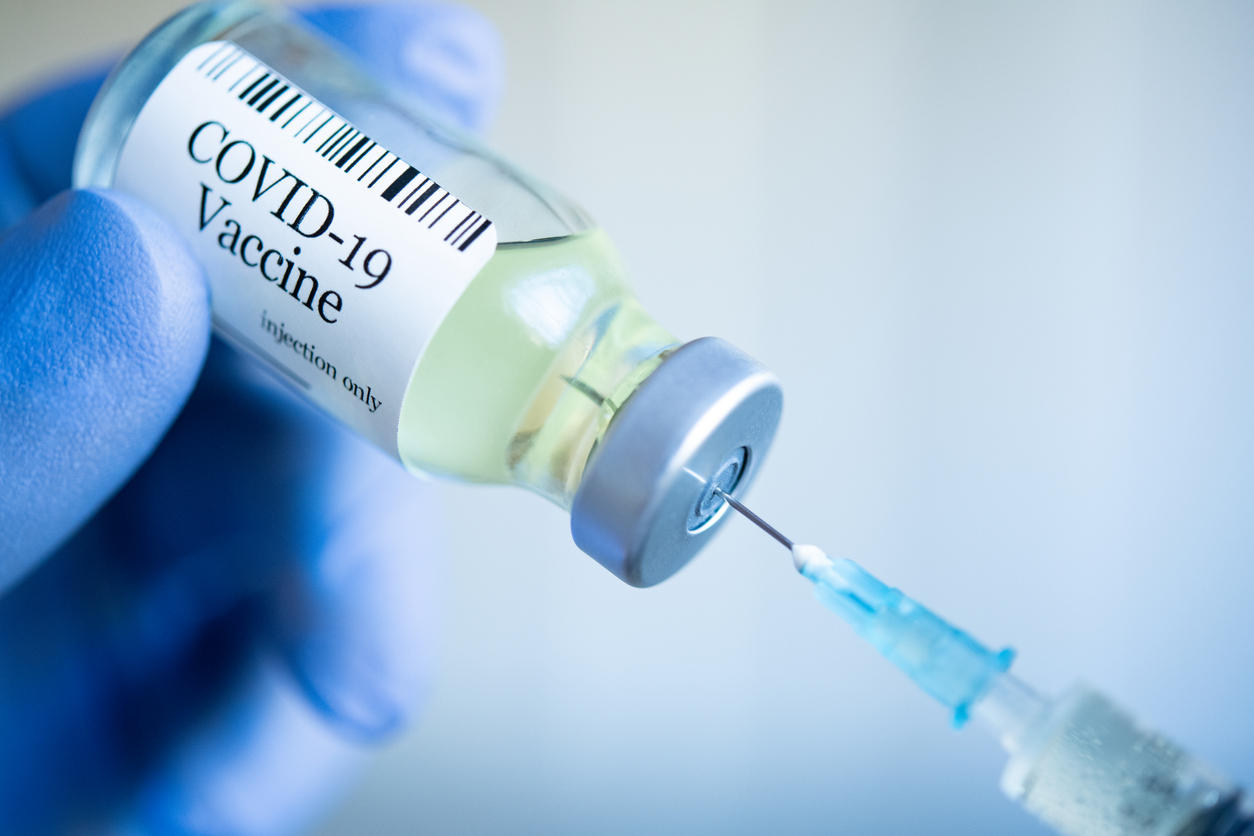Slowly but surely, rollout of the COVID-19 vaccine is increasing, and more and more people are receiving the revolutionary vaccine that people hope will help bring an end to the worst public health crisis in recent memory. As with much of the pandemic, there is a lot of information coming to the public from every angle, and the vaccine is no different. More people are getting closer than ever to receiving the vaccine, but there are a lot of questions about what to do when the time actually comes. Thankfully, the CDC, who has been maintaining an extensive dashboard of information about COVID-19, has laid out some helpful tips and insights into what will happen when you go for your vaccination.
Before Your Appointment
Before going to get the COVID-19 vaccine, make sure that the vaccine is recommended for you. At the moment, given the limited availability of the

vaccine and the fact that it is only being distributed under an Emergency Use Authorization, the vaccine is not recommended for everyone. Clinical trials with certain groups, such as pregnant women and children under sixteen, have either not been done or are underway but not completed, so for groups like these, the vaccine is not recommended. If you are unsure, check with your doctor or a local healthcare facility, and they will be able to point you in the right direction. There is some hesitation about the vaccine given how quickly it was developed, so if you have any questions, look into the different types of COVID-19 vaccines or learn about the benefits of getting the vaccine to help alleviate any concerns you may have.
At Your Appointment
When the time for the vaccination arrives, make sure that you still follow all CDC health guidelines, such as wearing a mask and social distancing, to help protect you and the healthcare worker. In general, receiving the shot is like receiving any other vaccine. Once the healthcare worker administers the vaccine into your upper arm, you will be given a printout telling you which COVID-19 vaccine you received (remember, both Pfizer and Moderna have vaccines at the moment), the date that you received it, and where you received it. You will also receive a fact sheet, as

you would with any vaccine, that tells you the potential side effects and benefits of what you just received. For approximately fifteen minutes, the facility where you received the vaccine will monitor you for any side effects, again a common practice with other vaccines.
One of the main differences in the COVID-19 vaccine is that it requires two doses to work. Many people are used to getting the annual flu vaccine as one shot, so this may cause some confusion, but there are many vaccines, such as ones for chickenpox, hepatitis, and meningitis, that require two or more doses to be effective. The Pfizer vaccine requires two doses, twenty-one days apart, while the Moderna vaccine requires two doses twenty-eight days apart. Check with your vaccine administrator to plan when you require the next dose and plan accordingly. Remember that it takes time for your body to build the immunity, so you may not have protection from COVID-19 illness until one or two weeks after you get the second dose.
The COVID-19 is a reassuring step in the right direction, but the vaccine itself will not bring an end to the pandemic immediately, no matter how much one may hope. Enough people need to be vaccinated to achieve a proper herd immunity, so until that time comes, make sure you continue to follow all necessary public health measures, such as wearing a mask, social distancing, and frequently washing your hands. Soon, all these measures, combined with our continued perseverance, will come together and end the public health crisis.
If you have concerns about your workforce and coronavirus, please contact us today to learn about steps you can take to protect yourself, your family, and your employees. We offer the following COVID-19 safety service options:
COVID-19 Consulting Bundle: Written directive/policy on requirements which can be either a corporate policy or a site-specific policy.
COVID-19 Training (Infection Control Webinar): We offer Open Enrollment Classes and Private Company Sponsored Classes made available at your convenience.
COVID-19 Testing: We now offer COVID-19 Testing Services for Colleges, Universities, Private Companies, And Public Agencies
Source
https://www.cdc.gov/coronavirus/2019-ncov/vaccines/expect.html


